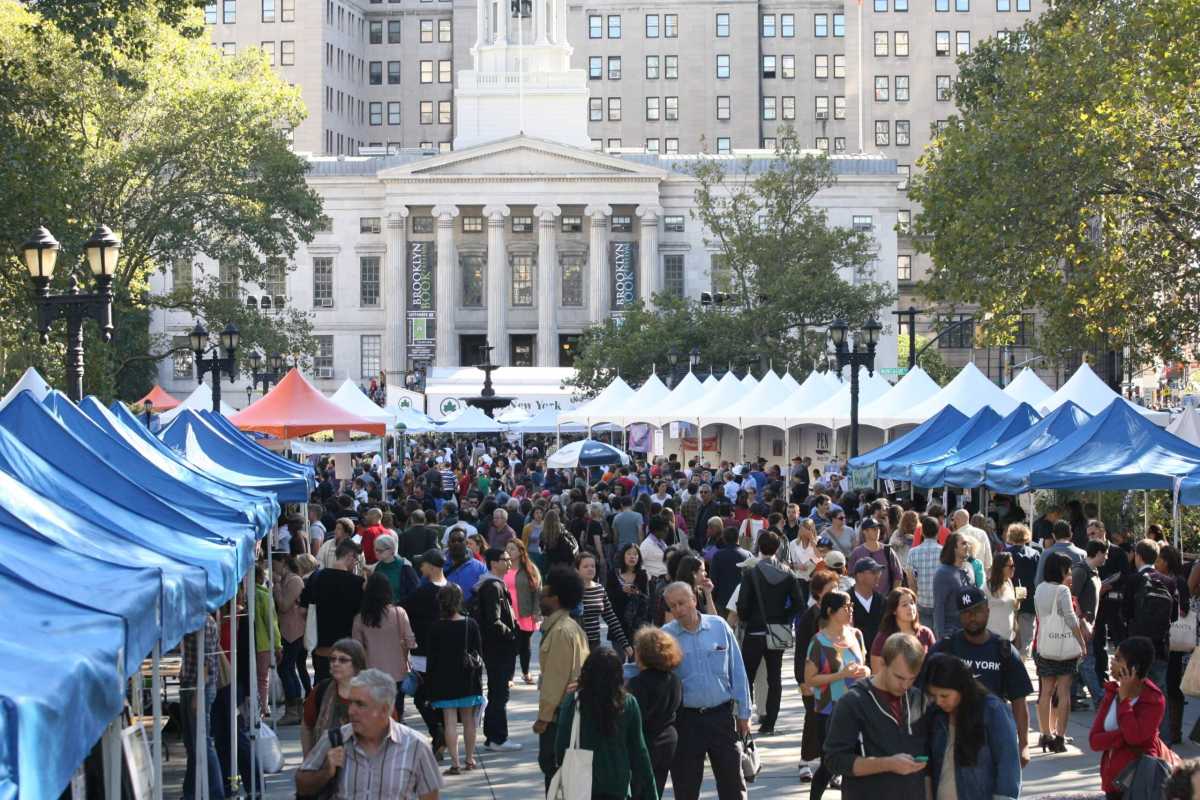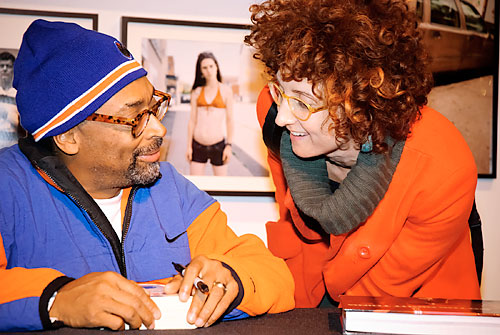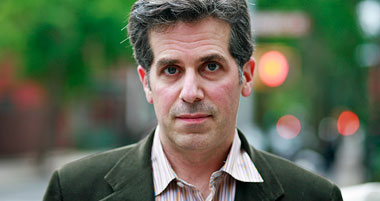Onto the next chapter!
The city’s largest free literary festival, held each year in Brooklyn with “bookend” events across the city, will turn the page this fall, offering even more in-person programming than last year.
The nine-day Brooklyn Book Festival will take place from Sept. 25 through Oct. 3 in Downtown Brooklyn, with both live and online events scheduled throughout — a hybrid method organizers say worked well for the event in 2021.
“Our festival is very diverse, it really reflects the communities that make up Brooklyn and New York City, it is New York City’s festival,” said Liz Koch, co-producer and vice president for Brooklyn Book Festival. “It is the largest literary festival in New York City, when we do surveys we draw people from all over the city to the festival.”
Last year’s Brooklyn Book Festival offered a mix of both virtual and in-person events, after a year of fully online programming in the first year of the pandemic.
“In 2020, we were fully virtual, and that was pretty exciting because we had never done that before, and it was like a technological learning curve we fully embraced,” said Koch. “Then last year in 2021, it was almost evenly split. We did a hybrid festival with both virtual programming and then returning to Downtown Brooklyn, and we refer it to as our happy festival because people were so excited to come back to a live event.”
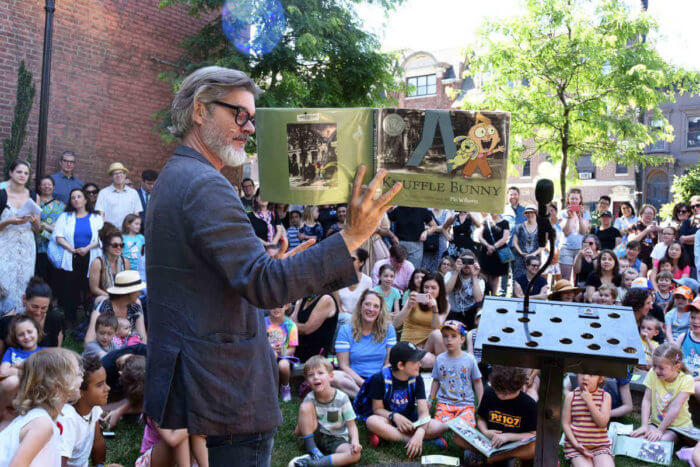
Though there will be more in-person programming than in 2021, organizers have also opted to keep a virtual element to this year’s festival, because they found it to be inclusive of both authors and attendees — no matter their location or ability.
“One of the small things that came out of COVID is really understanding how virtual programming lets you reach a larger geographic audience,” said Koch. “It lets you include authors who for reasons of geography, or ability or any number of reasons couldn’t come to the festival.”
That hybrid atmosphere not only allows for a local audience, Koch said, but also for national and international viewership.
While most of the event’s schedule has yet to be finalized, Brooklyn Book Festival has announced that Oct. 1 will be “Children’s Day — an annual celebration of books for kids held a the Brooklyn Commons at Metrotech.
“When the kids are At ‘Children’s Day,’ it’s not only that we want them to celebrate books, but we want them to see themselves at the festival and imagine that they too can be a write or an illustrator, that this can be a choice they make in their lives,” Koch told Brooklyn Paper.
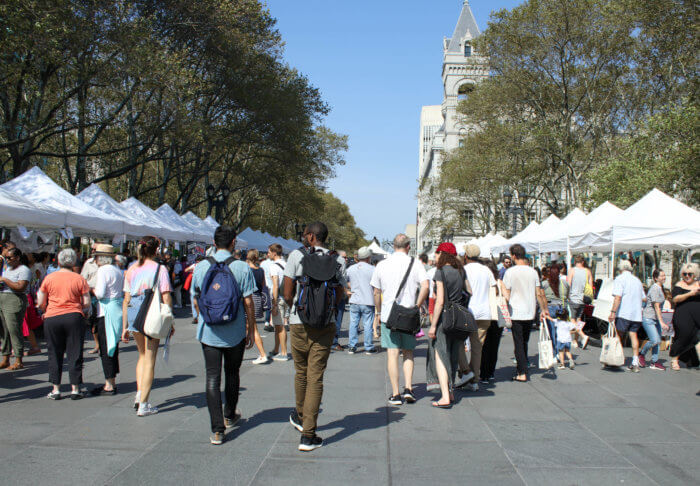
The following day, Oct. 2, will be “Festival Day” — a day in which Downtown Brooklyn becomes a robust book market, featuring readings on multiple stages set up outside of Brooklyn Borough Hall. Throughout the rest of the festival, “bookend events” will be hosted across the five boroughs, such as poetry readings and author panels.
“Those events take place all over the city, and many of them in Brooklyn,” Koch said. “We are bringing these events into communities, and presenting them in communities and neighborhoods.”
Hundreds of authors, both well-known and emerging, have participated in past festivals. Each are selected with the goal of cultivating young readers and fostering dialogue among the writers, Koch said.
“We are right now just in the process of starting to invite all the authors who will be participating this year,” she told Brooklyn Paper. “So it is very exciting in that light because we are just hearing about all these great books that are coming out, and who we can include.”
Each year, Brooklyn Book Festival honors a Brooklyn-raised author who has left a mark on the borough — with notable past honorees being Colson Whitehead and John Ashbery. As in past years, that designation is expected to be announced this summer.
“That’s always an important part of the festival is honoring that author who has legacy in Brooklyn, and speaks to the spirit of Brooklyn,” Koch said.
Brooklyn Book Festival began in 2006 as a one-day event and had since grown to an eight-day festival prior to the pandemic. The literary lineup expanded to nine days last year as more and more organizations looked to sign on.
“We are a very welcoming festival,” Koch said. “We think of ourselves as a very big, literary collaboration, so we really appreciate when people respond to it.”


